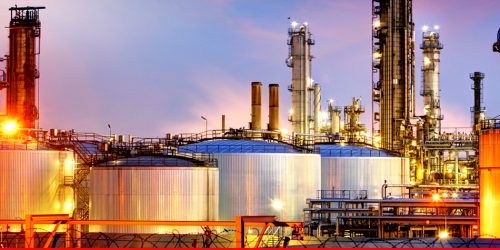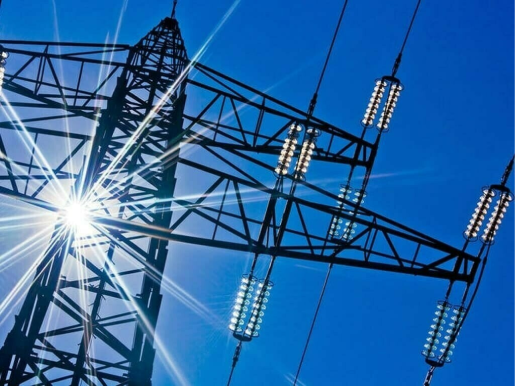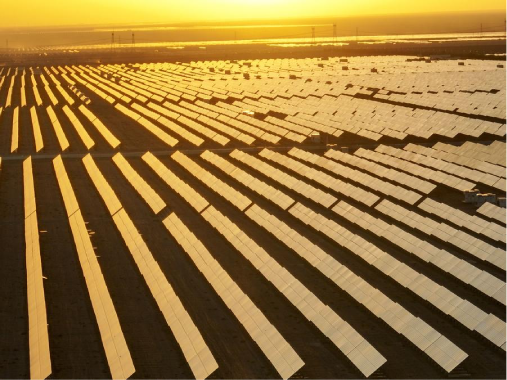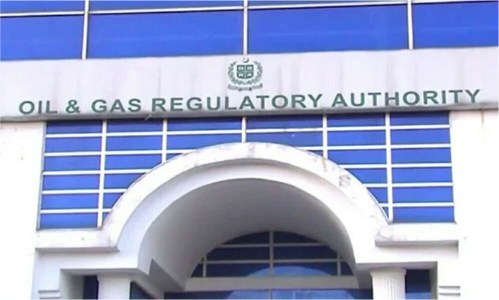London — Singapore’s commercial onshore middle distillate stockpiles fell to the lowest level in nearly five months, dropping under 15 million barrels as exports rose, although stockpiles remain at historically high levels.
Separately, at least three more LR tankers filled with gasoline are heading to Asia from Europe, as demand in the West continues to flounder amid an uncertain COVID-19 outlook. “Asia is an attractive destination since the East-West spread is still strong,” one Singapore gasoline trader said. Another source highlighted countries like Indonesia, Malaysia and India, that despite having high levels of infection, have experienced steady domestic demand amid the lack of movement restrictions.
The Philippines is solidifying its status as the next major regional importer of gasoline, with the country’s imports of gasoline slated to rise in 2021 on better oil products import infrastructure and lower domestic supply of refined products. The expectations come as the last domestic refinery, Petron’s 180,000 b/d Bataan plant, is slated to suspend operations temporarily from mid-January 2021 on weak refining margins. The Pilipinas Shell Petroleum Corp. had also shut its 110,000 b/d Tabangao refinery with the facility turned into an import site. Together with the company’s North Mindanao Import Facility, the two units have ensured steady domestic supply to the Philippines’ Visayas and Mindanao regions. Pilipinas Shell Petroleum Corp. also opened a new oil import facility at Subic on Nov. 30 — the company’s third oil import terminal in the Philippines — capable of receiving 54 million liters of oil products from MR tankers, according to a statement by the company. “With more import terminals, there naturally will be more movements of gasoline into the country moving forward. I believe that they [the Philippines] will play a larger role in determining market fundamentals in the future, given that they have an obvious lack of domestic refining capacity,” one Singapore-based market source said.
Meanwhile, little maintenance has been reported in the Asia-Pacific region with refineries in India running at near full capacity.
** India’s No.1 state-owned refiner Indian Oil Corp. has been running its plants at full capacity since early November.
** India’s Mangalore Refinery and Petrochemicals Ltd. is running at 90%.
** India’s state-owned refiner Bharat Petroleum Corp. Ltd. has returned operation levels at its Kochi and Mumbai refineries to near full capacity.
** India’s Chennai Petroleum Corp. Ltd-owned Manali refinery is operating at a run rate of 95%.
** Shell will halve the crude processing capacity at its Pulau Bukom refinery in Singapore as part of the energy major’s initiative to reduce its CO2 emissions to net zero by 2050. “Bukom will pivot from a crude oil, fuels-based product slate towards new, low-carbon value chains,” the company said. “We will reduce our crude processing capacity by about half and aim to deliver a significant reduction in CO2 emissions.”
** South Korea’s top refiner SK Energy has shut two CDUs at Ulsan but plans to restart the 60,000 b/d No. 1 crude distillation unit and 170,000 b/d No. 3 CDU at Ulsan in January.
** Indonesia’s state-owned Pertamina was reported to be keeping the run rate at its Balikpapan refinery in East Kalimantan steady at around 80% with industry sources noting that the refinery has no plans to raise its run rate back to 100%, as refining margins across the barrel remain poor.
** Pilipinas Shell Petroleum Corp plans to shut down its Tabangao refinery and transform the facility into an import terminal, the company said in a statement. The refinery has been shut since May 24, having been idled due to weak demand for domestic products.
** Philippines’ Petron plans to halt temporarily its Bataan refinery in the middle of January. The refinery would resume processing depending on the improvement of the Philippines economy. The company has previously said that the Bataan plant may close should discussions regarding customs tax with the government fall through.
** New Zealand’s Refining NZ is moving ahead with its plans to convert its refinery into an import terminal, putting into motion the next phase of long-term strategic plans that will turn New Zealand into a full importer of refined oil products. Marsden Point has been operating at a “cash neutral” position, since simplifying its operations after restart in October.
** Australia’s second-largest refiner, Viva Energy, has decided to avoid closure of its Geelong refinery, as the company takes up a payment lifeline extended by the Australian federal government. The grant, also known as the “interim Refinery Production Payment,” will last for six months from January-July 2021. Refineries that take part in the grant, will have to agree to maintain operations at least during the tenure of the program, committing to “an open book process and long-term self-help measures to further inform the development of the long-term Refinery Production Payment.” Should refining margins stay on an upward trajectory, “the Company expects to be able to maintain refining operations once the interim Refinery Production Payment concludes at the end of June 2021,” the company also said in a separate statement.
** Ampol, formally Caltex Australia, has announced the start of a “comprehensive review” of its Lytton refinery in Brisbane as a prolonged period of poor refining margins and an uncertain outlook threaten the closure of the facility. “The review will consider all options for the facility’s operations and for the connected supply chains and markets it serves,” Ampol said in the statement on its website. “These options include closure and permanent transition to an import model, the continuation of existing refining operations and other alternate models of operation, including the necessary investments required to execute each of the options,” the company added.
** The Maritime Union of Australia has urged the federal government to nationalize BP’s Kwinana oil refinery, rather than allow it to be closed. BP Australia on Oct. 30 said it was planning to shut its Kwinana refinery and convert it into a fuel import terminal, in a strategy aimed to better meet the needs of a changing oil market.
** Vietnam’s Nghi Son refinery will keep its operating run rate above 100% of capacity in the near term, even as a buildup of inventories put domestic buyers under pressure, industry sources with close knowledge of the matter said.
** Thailand’s PTT Global Chemical plans to raise run rates at its refinery in Map Ta Phut to over 90% in December, from 80%-90% in November, due to improving margins, a source close to the matter said Nov. 24.
** Taiwan’s Formosa Petrochemical plans to operate its Mailiao refinery at reduced rates of around 60% of capacity in January and February as demand for refined products remain tepid and several secondary units are shut over this period, a company spokesman said late-Jan. 5. Formosa plans to operate its refinery at 320,000 b/d in January and 330,000 b/d in February, putting operations at 59% and 61% of nameplate capacity, respectively. Formosa had idled one of its crude distillation units of 180,000 b/d in November 2020 due to weak margins and low secondary unit operations. The idled CDU is expected to restart in the second half of the year when its No. 2 RDS unit restarts following the completion of repairs, the source said, adding margins are also expected to improve by then. The company’s No. 2 RDS was shut July 15 after a fire. The unit’s restart was originally planned for April at the earliest. The company has three CDUs at the Mailiao refinery, each with a capacity of 180,000 b/d.
In other news, India’s state-run refiner Bharat Petroleum Corp. Ltd has decided to buy a 36.62% stake of OQ S.A.O.C.(formerly known as Oman Oil Company S.A.O.C) in its subsidiary company Bharat Oman Refineries Ltd, company officials said Dec. 30. The board of BPCL approved the acquisition scheme earlier in the month. The acquisition will be subject to regulatory approvals. BPCL, India’s No.2 state-run refiners, has a 63.38% stake in BORL that owns Bina refinery in central India.
State-owned refiner Indian Oil Corp. has introduced a mechanism for multi-point remote monitoring of 27 gas turbines at eight of its nine refineries, company officials said. Disruptions in gas turbine operations, besides affecting the productivity by shutting down the generation of captive electricity for refining units also lead to hydrocarbon flaring from the refineries to the atmosphere, impacting environmental health and sustainability.
South Korea’s major business conglomerate SK Group said Jan. 7 it will invest Won 1.6 trillion ($1.5 billion) in US fuel cell maker Plug Power Inc., a move that will help the company expand its hydrogen footprint. The plan by SK Group, which runs the country’s biggest oil refiner, is seen as an effort by the company to have a bigger presence in the carbon-free fuel sector and diversify its energy mix at a time when South Korea is aggressively pushing ahead with energy transition plans. Under the deal, SK Holdings, the group’s holding company, and SK E&S, a natural gas subsidiary, will acquire a combined 9.9% stake in Plug Power, with the strategic investment making it the biggest shareholder, SK Holdings said in a statement.
Under the deal, the SK units and Plug Power will form a joint venture in South Korea to provide hydrogen fuel cell systems, fueling stations and electrolyzers to the Korean and broader Asian markets, such as China and Vietnam. The group aims to have a hydrogen production capacity of 30,000 mt/year in 2023 and 280,000 mt/year by 2025 and establish a value chain ranging from production to distribution and supply.
In pursuing overseas ambitions, SK Group joins Hyundai Motor, which is considering building its first overseas hydrogen fuel cell systems plant in Guangzhou, China, according to a company source.





